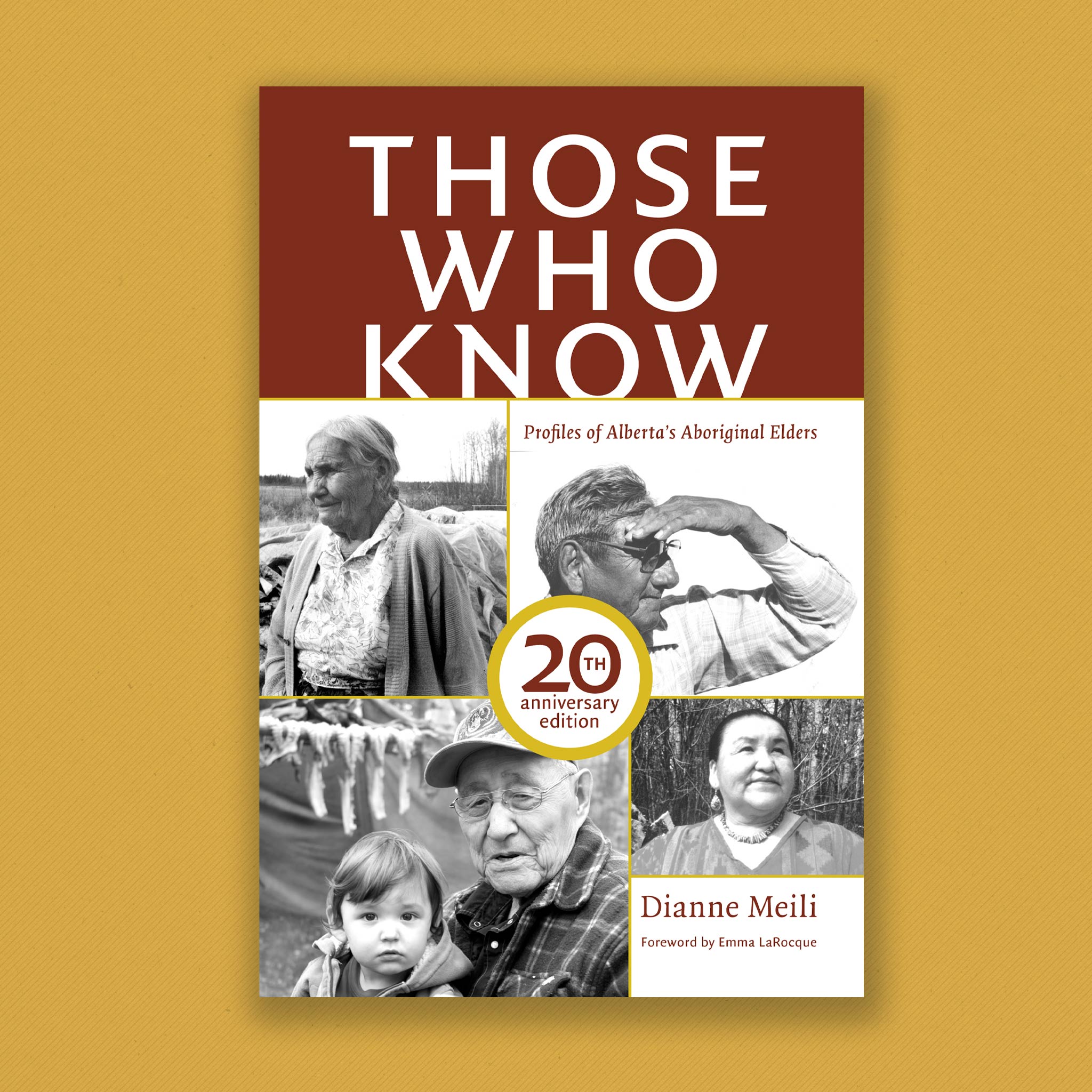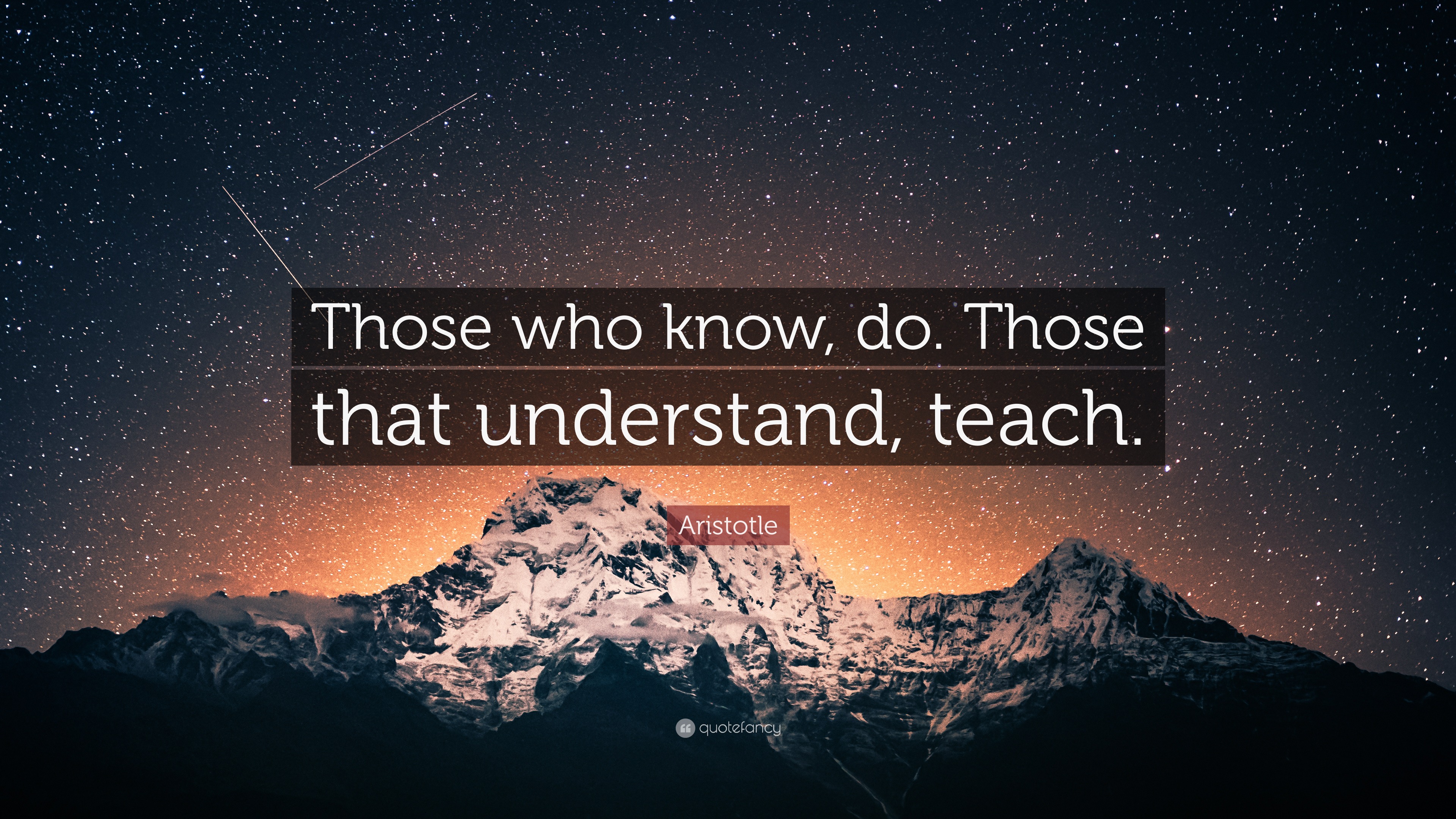Those Who Know - Unpacking A Digital Phenomenon
There's a particular phrase that has, in some respects, really taken on a life of its own across the internet, especially on platforms where short, impactful content rules. It's that saying, "those who know," often seen alongside a specific emoji combination – a stone face and a wine glass. This little expression, you know, has become a sort of digital shorthand, a secret handshake for people sharing a very particular kind of awareness about something that isn't quite what it seems on the surface.
What starts out looking completely ordinary, perhaps even innocent, can, in a way, suddenly shift into something rather unsettling or a bit strange. This transformation is, actually, the heart of the "those who know" phenomenon. It plays on a shared, often unspoken, recognition of a deeper, perhaps more unsettling, truth behind an everyday scene. It's a nod to an inside joke, a shared memory, or maybe a piece of information that isn't widely available, creating a distinct feeling of being in on something special.
This whole idea has, pretty much, woven itself into the fabric of online conversations, sparking a lot of curiosity and, in some cases, even a little bit of unease. It invites you, kind of, to wonder what hidden layers exist beneath the surface of what we see every day, and how many people truly grasp the full picture. It's a fascinating look at how shared context shapes our digital interactions, really.
Table of Contents
- What Does "Those Who Know" Really Mean?
- The Meme's Quirky Beginning - How Did "Those Who Know" Start?
- The Power of Shared Secrets - Why Do "Those Who Know" Connect?
- "Those Who Know" - A Look at Internet Culture
- The Grammar of Shared Awareness - Is "Those Who Know" Correct?
- Beyond the Surface - What Does "Those Who Know" Teach Us?
- The Evolution of "Those Who Know" in Online Spaces
- The Enduring Appeal of "Those Who Know"
What Does "Those Who Know" Really Mean?
At its core, the phrase "those who know" describes a group of people who possess a specific kind of insight or information. This isn't just general knowledge; it's, you know, often something that isn't commonly understood or easily found by everyone. Think of it like a quiet signal, a way for people who share a particular piece of context to acknowledge each other without needing to say very much at all. It's a subtle wink, a shared glance that says, "I get it, do you?"
The term, as it's used online, especially in places like TikTok, has taken on a rather unique meaning. It frequently pops up when a piece of content starts off looking perfectly normal, perhaps even innocent, but then, sort of, shifts to reveal something a bit strange, unsettling, or even truly disturbing. The "those who know" part comes in because only certain viewers, the ones who have experienced or are aware of the underlying reference, will grasp the full weight of that sudden shift. It’s like an inside joke, but one with a bit of a darker or more unexpected punchline, to be honest.
This idea plays on a very human tendency: the desire to be part of an exclusive group, even if that group is just a collective of strangers who happen to understand a specific cultural reference or a shared past event. It fosters a feeling of connection, a silent agreement among people who share this particular piece of, well, secret information. It’s, in a way, a reflection of how context shapes our perception and how a simple phrase can carry so much unspoken meaning among "those who know."
The Meme's Quirky Beginning - How Did "Those Who Know" Start?
The specific meme format associated with "those who know" really began to spread widely on platforms where short, visual stories are king. It typically involves a video or an image that presents a scene that, on the surface, appears completely harmless. Then, quite suddenly, the content takes a turn. It might show a different image, a quick flash, or a change in music that hints at something far less benign or a bit more disturbing than what was initially presented. This abrupt shift is, actually, the key element that defines the format.
For example, you might see a calm, peaceful scene of, say, a quiet forest, followed by a quick cut to a very specific, almost unsettling image or sound. For the uninitiated, it’s just a strange edit. But for "those who know," that second image or sound immediately conjures up a specific, often uncomfortable, memory, a piece of lore, or a past event that is widely recognized within a certain online community. It's a clever way to create a shared experience of recognition, or perhaps even a little bit of dread, without needing to spell out the entire story, you know.
This style of content thrives on shared cultural touchstones, often drawing from internet history, obscure media, or even real-world events that have gained a particular kind

Those Who Know: 15 best ‘Those Who Know’ memes of 2024 to give you a

Those Who Know: 20th Anniversary Edition – NeWest Press

Aristotle Quote: “Those who know, do. Those that understand, teach.”